If You Have This Popular Car, Beware of Rats, Owners Say
"Who cares if you have this great technology if a rat is in there eating the wires?" one driver said.
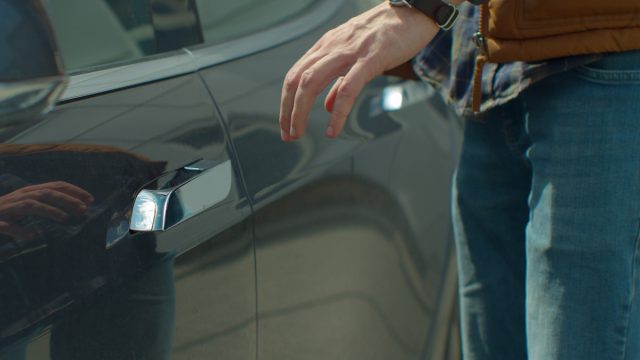
Any car owner knows to expect some issues on the road every now and then—a new warning light, a flat tire, some screechy breaks, or a dreaded dead battery. But one thing most drivers don't anticipate heading to the dealership for is a rat in their glove box. And yet, that's what one woman discovered when she got behind the wheel of this popular vehicle recently. Now, she and others are sounding the alarm on this car's alleged tendency to attract rodents. Read on to find out if your car could be a rat trap.
RELATED: If You Kept This Drink in Your Car, Don't Consume It, Experts Say.
Tesla drivers have reported that rats are chewing through their car's wires.
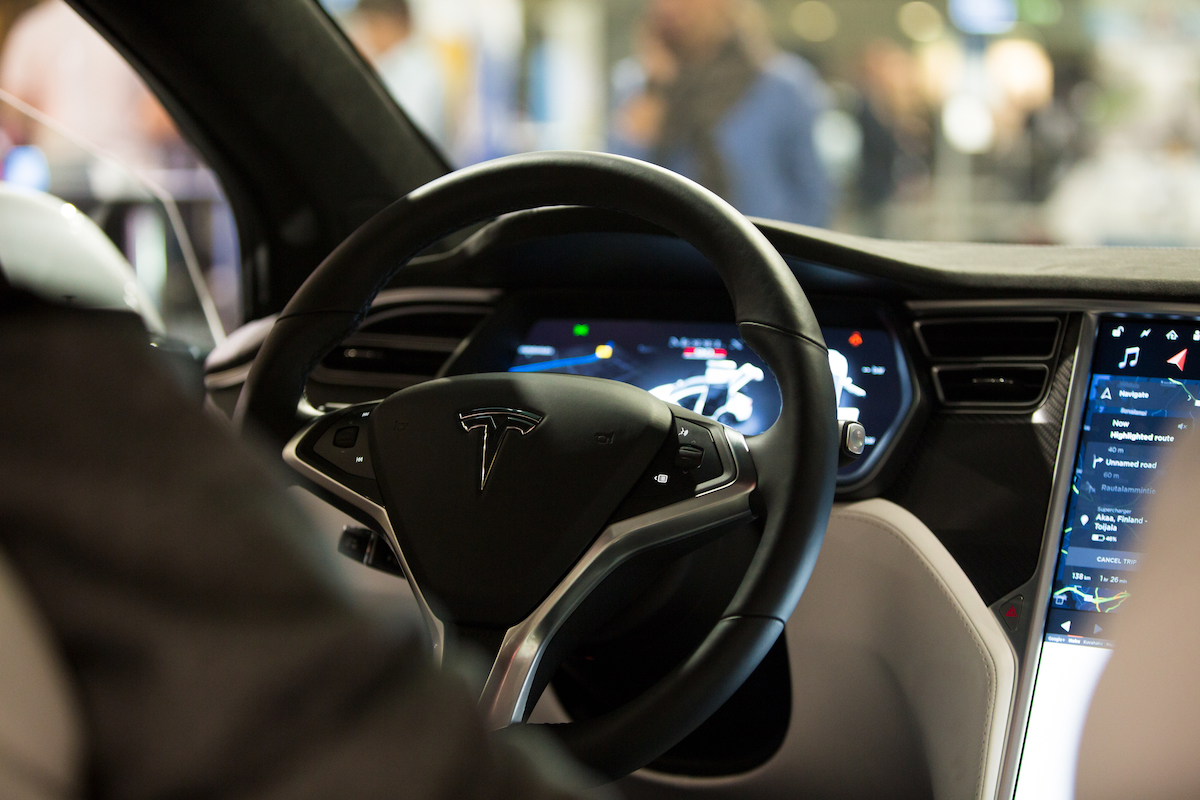
Tesla drivers say rats have managed to chew through some of the wires in their pricey cars, like Sarah Williams, a 41-year doctor living in New York City, who discovered recently that her 2017 Model 3 Tesla had suffered a rat attack.
Williams told The New York Post she opened her glove compartment one day to discover a dead rat that had apparently died after eating through the air conditioning wiring in her Tesla.
When Williams took the car to her dealership, she was told repairs would cost around $5,000—and she learned that rodent infestations in these pricey cars are apparently more common than you'd think.
Car companies like Tesla use soy to insulate wires, which attracts hungry rodents.
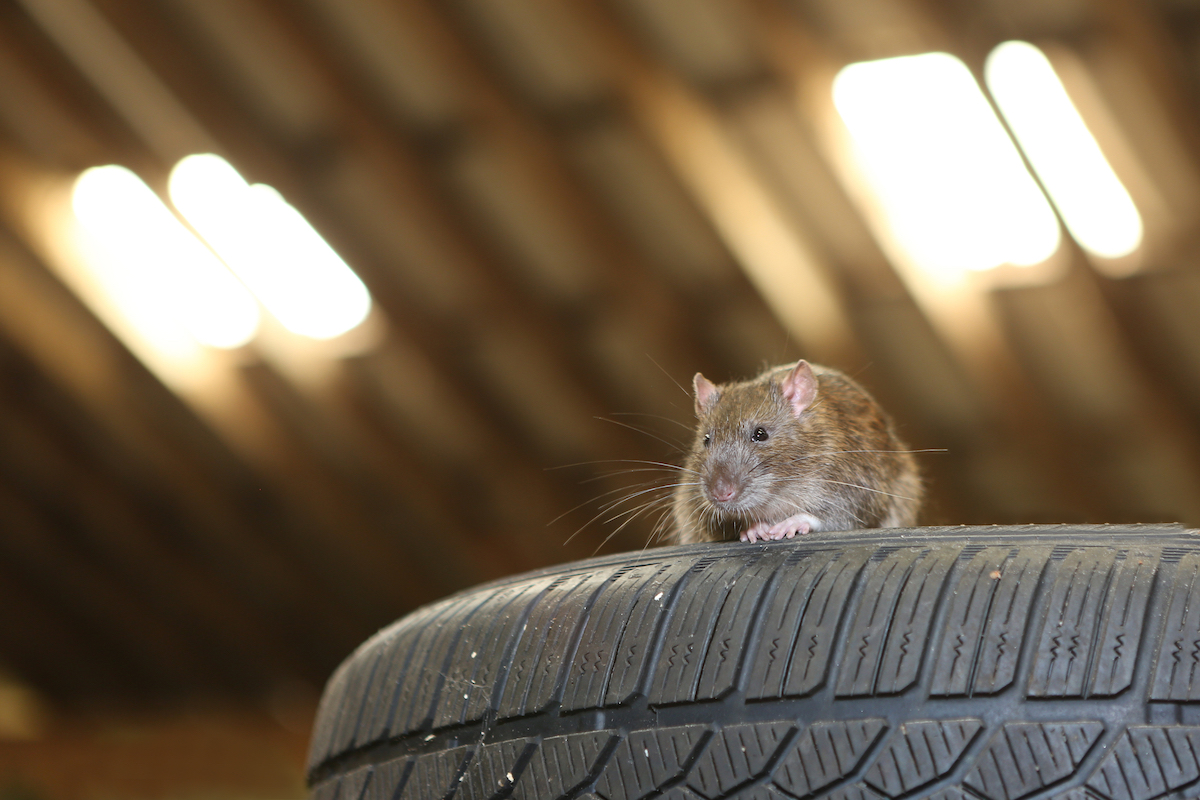
Tesla, like several other car companies, uses soy-based insulation to protect its wires. As soy is plant-based, it's considered more environmentally friendly than the oil-based insulation that had previously been used in most cars. But it's also apparently considered a delicious snack in the rodent world.
When Williams reached out to Tesla about the damage, she was told it wasn't considered a "defect" and therefore wouldn't be covered by her warranty.
"Most auto manufacturers use the soybean vs. oil in their wire insulation for newer vehicles because it is less expensive and better for the environment," Jose Solis, a Tesla service adviser, told Williams in an email that she shared with The Post. "The use of this material would not be considered a 'defect' in design or use … Considering there are too many factors outside of Tesla's control, we cannot cover this under a warranty or repair."
Best Life has reached out to Tesla for a comment.
RELATED: 6 Things You're Doing That Bring Rats into Your House.
Repairs to rat-ridden wiring can cost hundreds and even thousands of dollars.
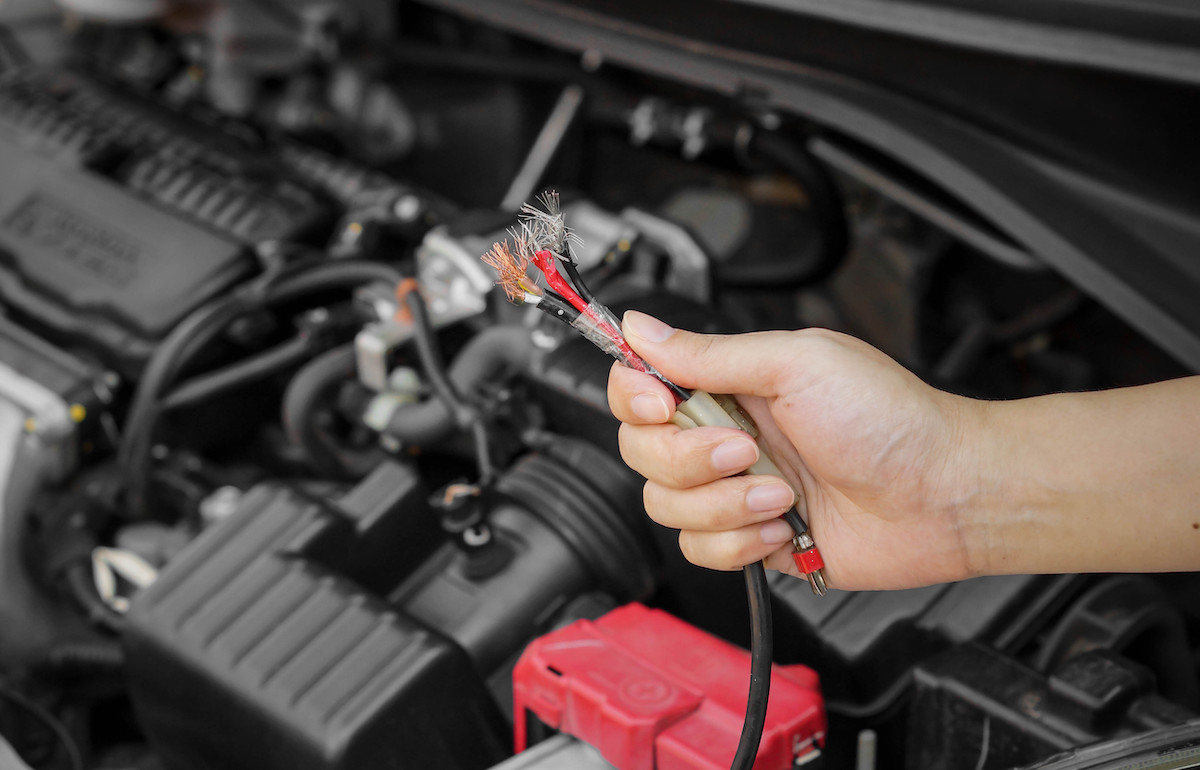
Williams' rat worries have put her off her Tesla for the time being. She told The Post she wouldn't recommend the car to other drivers until they fixed their soy-based insulation problem.
"For me, if I'm going really fast on the highway and I reach for something in my glove compartment, and a rat crawls out, it could be a catastrophe," she told the outlet. "Who cares if you have this great technology if a rat is in there eating the wires?"
Williams added that she's frustrated about having to pay out of pocket over the car company's insulation, and she's not the only one. The Tesla Model 3 forums include a long thread of Tesla owners complaining about rodent-related damage. One user said that while his damaged wiring only cost him $137 to fix, his mechanic had another customer whose damage cost around $5,000.
Users on the forum also shared various ways to keep the rats at bay, including setting traps around their Teslas, spraying their cars and garages with fox urine, and installing a "Rat Mat," which uses electric currents to repel the animals.
Tesla isn't the only car company to field complaints about rat-eaten wiring.
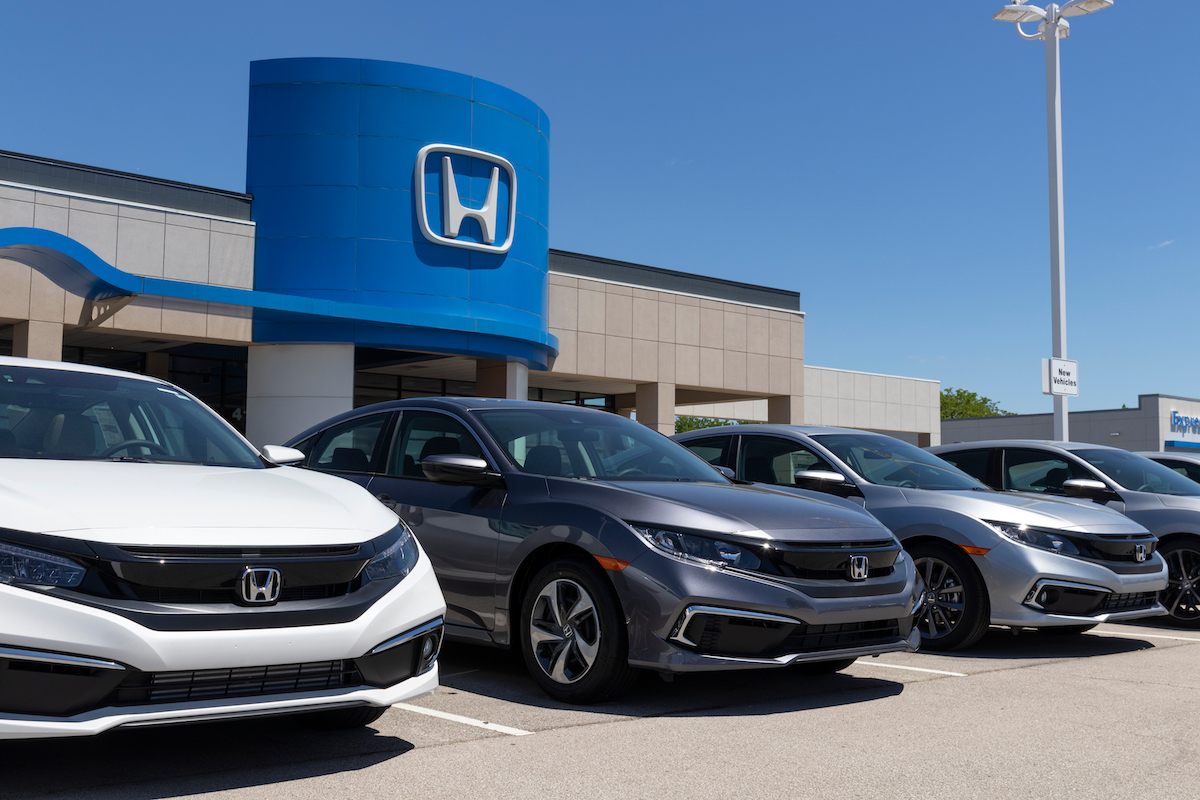
These types of rat-cidences are happening to other car models, too. In 2017, Jay Caracci of Arlington Heights, Illinois, took his new Honda CR-V to his dealership and discovered that rats had chewed through the car's power-steering wires.
Unfortunately, the dealership told him that his car's warranty wouldn't cover the repair. Caracci told the Chicago Sun-Times they considered it an "act of nature," and he'd have to fork over $500 to fix it.
Caracci was incensed to pay for the repairs, so he sued the company in 2018, claiming in a lawsuit seen by Best Life that Honda engaged in "deceptive and/or unfair practices" by failing to warn consumers that rodents might eat through its wiring. Earlier this year, he asked a judge to allow him to turn the case into a class-action lawsuit to include some 73,000 other Honda owners who may be affected by the same issue.
Rodent problems among Hondas are so common that the company actually sells a chili pepper-infused rodent tape to wrap around wiring. However, Caracci said in his lawsuit that "disclosure of the need for Rodent Tape is only made after the vehicle is sold, malfunctions, [is] brought in for repairs, and Honda denies warranty coverage."
RELATED: For more up-to-date information, sign up for our daily newsletter.
Rats are just the latest problem for Tesla.
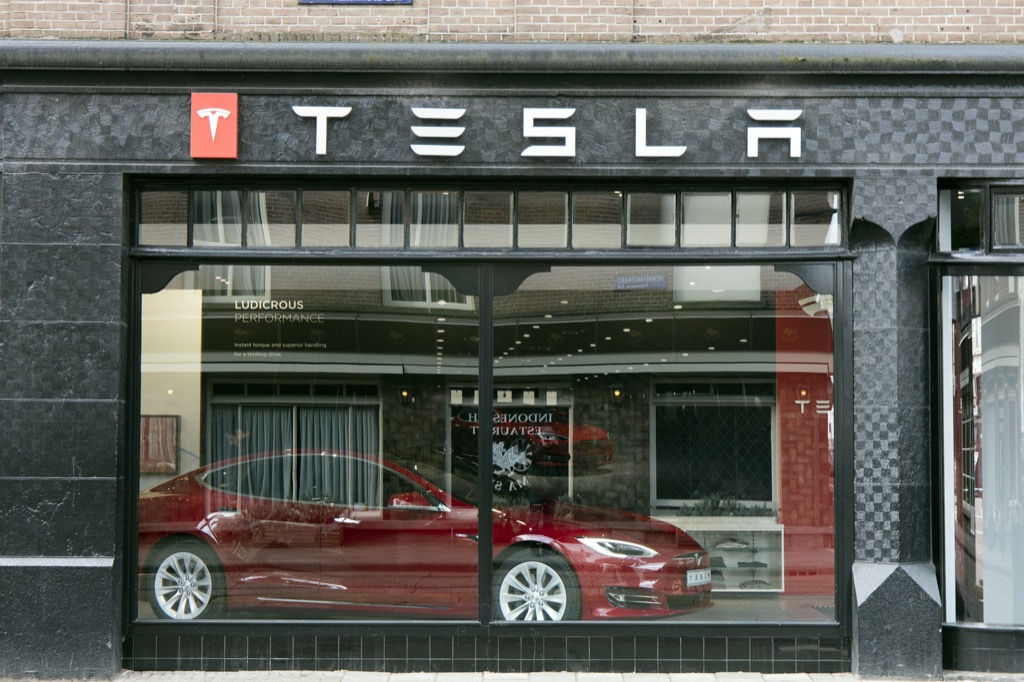
In addition to the rodent issues, Tesla Model 3 owners have also complained about more minor defects with the car, including a blurry backup camera, touchscreen system failure, and, most notably, shutdowns while driving.
But earlier this year, Tesla suffered its biggest issue yet regarding its mission to make driverless cars when the the National Highway Traffic Safety Administration said it was investigating 23 crashes it believed were related to Tesla's Autopilot feature.
"We need to see the results of the investigations first, but these incidents are the latest examples that show these advanced cruise-control features Tesla has are not very good at detecting and then stopping for a vehicle that is stopped in a highway circumstance," Jason Levine, executive director of the Center for Auto Safety, told The New York Times in March.
Most recently, two men were killed in a driverless car crash in Harris County, Texas, in April.
RELATED: If You Drive This Popular Car, the Company Is Urging You to "Remain Alert."





















